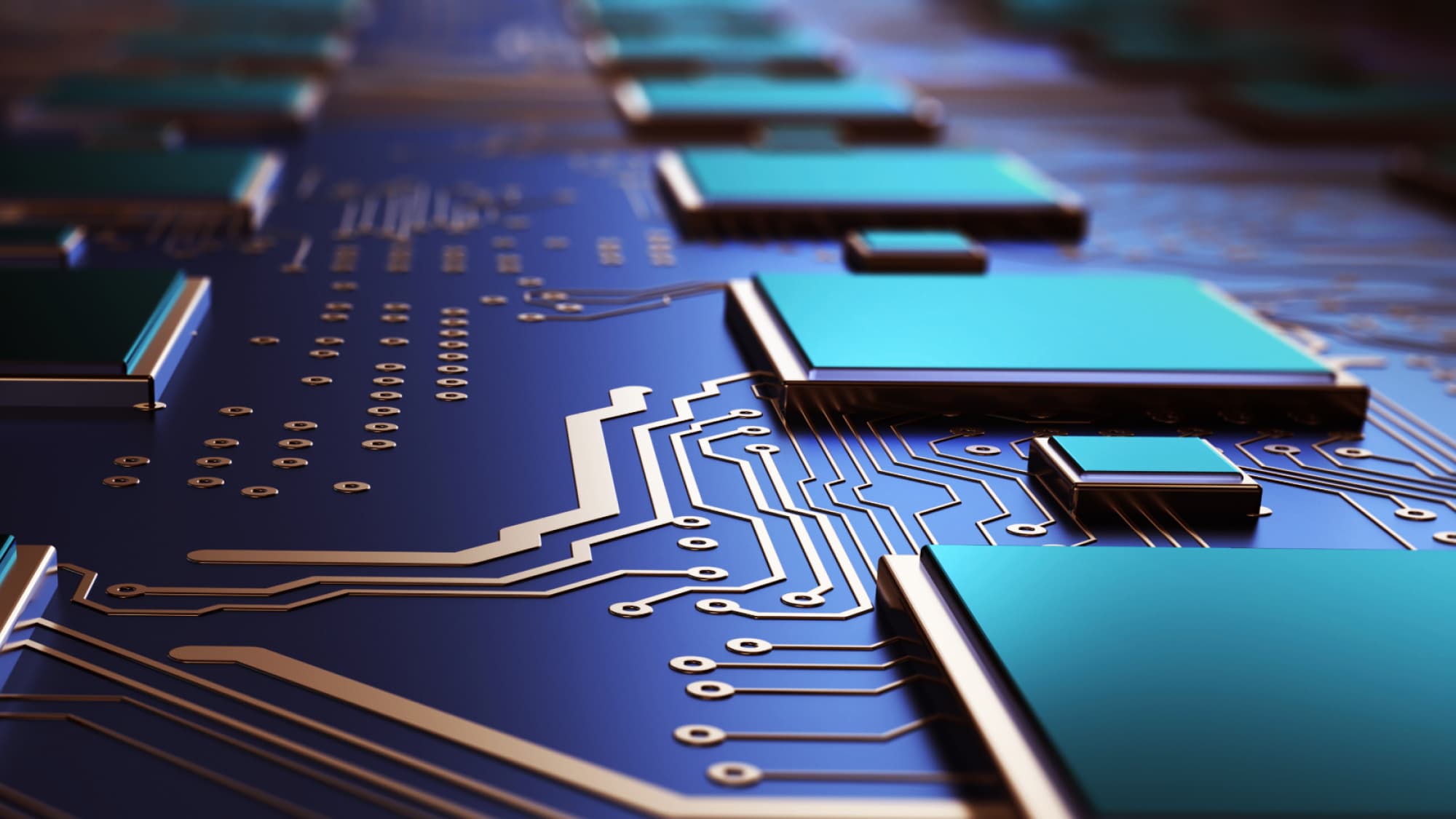In today’s fast-paced world, technology stands as the cornerstone of innovation and progress. From revolutionizing communication to shaping entire industries, the impact of technology is undeniable. Let’s delve into the myriad ways technology https://cbrt76.com/ has reshaped our lives and continues to shape our future.
Introduction to Technology
Technology, in its broadest sense, encompasses the tools and systems used to solve problems or achieve goals. Since the advent of the wheel to the era of artificial intelligence, humans have constantly sought to innovate and improve their way of life through technology. The digital age has witnessed an unprecedented surge in technological advancements, revolutionizing every aspect of society.
Impact of Technology on Communication
Communication lies at the heart of human interaction, and technology has revolutionized how we connect with one another. From the invention of the printing press to the rise of social media platforms, technology has continually evolved to facilitate communication on a global scale. However, while technology has made communication more accessible and efficient, it has also raised concerns about privacy, misinformation, and digital divide.
Role of Technology in Education
In the realm of education, technology has transformed traditional teaching methods and expanded learning opportunities. From interactive whiteboards to online courses, educational technology has made learning more engaging and accessible. However, the integration of technology in education also poses challenges such as the digital divide and concerns about screen time and distraction.
Technological Innovations in Healthcare
The healthcare industry has experienced significant transformations due to technological innovations. From electronic health records to telemedicine, technology has improved patient care, diagnosis, and treatment outcomes. With the rise of wearable devices and health-tracking apps, individuals have greater control over their health and wellness.
Advancements in Artificial Intelligence (AI)
Artificial intelligence (AI) represents the pinnacle of technological innovation, promising to revolutionize industries ranging from healthcare to finance. Machine learning algorithms power virtual assistants, autonomous vehicles, and personalized recommendations, reshaping the way we work, live, and interact with technology. However, ethical concerns surrounding AI, such as bias and job displacement, remain a topic of debate.
The Impact of Technology on Employment
While technology has created new job opportunities and increased productivity, it has also led to concerns about automation and job displacement. As industries adopt more advanced technologies, the nature of work is evolving, requiring individuals to adapt and acquire new skills. Initiatives such as reskilling programs and lifelong learning are essential in preparing the workforce for the jobs of the future.
Environmental Implications of Technology
In the face of climate change and environmental degradation, technology offers solutions for sustainable development. Renewable energy sources, eco-friendly transportation, and smart infrastructure are just a few examples of how technology can mitigate environmental impact. However, the rapid pace of technological advancement also poses risks, such as electronic waste and energy consumption.
Cybersecurity in the Digital Age
With the increasing reliance on digital systems and networks, cybersecurity has become a critical concern for individuals, businesses, and governments. Cyberattacks, data breaches, and identity theft are constant threats in the digital age, highlighting the need for robust cybersecurity measures. From encryption protocols to threat detection systems, technology plays a crucial role in safeguarding against cyber threats.
Smart Cities and Urban Development
The concept of smart cities harnesses technology to improve the efficiency, sustainability, and quality of life in urban areas. From smart grid systems to intelligent transportation networks, technology enables cities to optimize resources and enhance public services. However, challenges such as privacy concerns and data security must be addressed to ensure the success of smart city initiatives.
The Future of Technology: Trends and Predictions
As we look ahead, emerging technologies such as quantum computing, biotechnology, and space exploration hold the promise of transformative breakthroughs. However, with great power comes great responsibility, and ethical considerations must guide the development and deployment of future technologies. Collaboration between governments, industries, and civil society is essential in shaping a future where technology serves the greater good.
The Role of Regulation in Technological Advancements
Governments play a crucial role in regulating technological advancements to ensure they benefit society while minimizing harm. From privacy laws to antitrust regulations, policymakers must strike a balance between fostering innovation and protecting consumers. Global cooperation is essential in addressing cross-border challenges such as data governance and cybersecurity.
Tech Giants: Their Influence and Impact
Tech giants such as Google, Amazon, and Facebook wield immense power and influence in the digital economy. While these companies have driven innovation and connectivity, concerns about monopolistic practices and data privacy violations have led to calls for greater regulation. Balancing innovation with competition and consumer protection is essential in fostering a fair and competitive digital marketplace.

